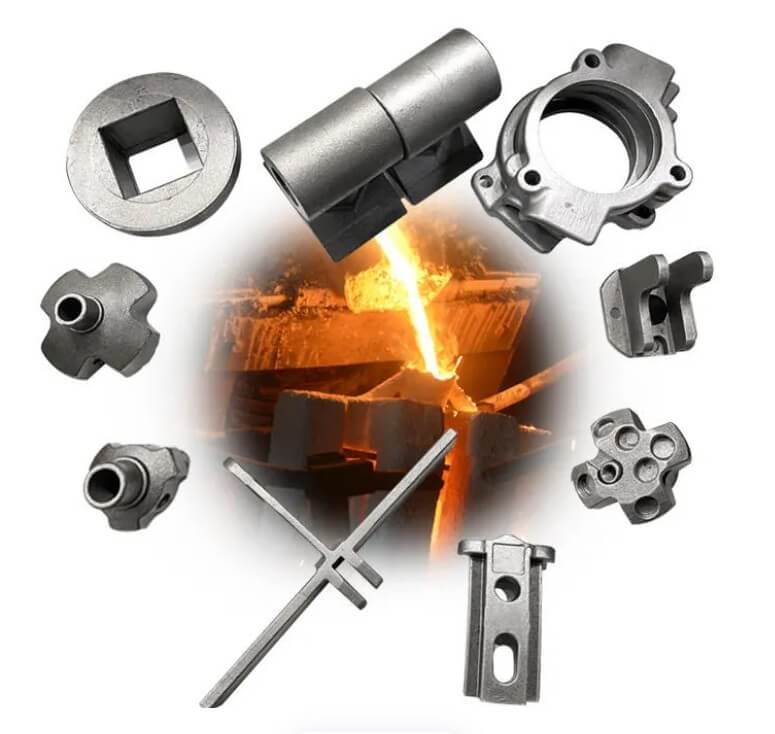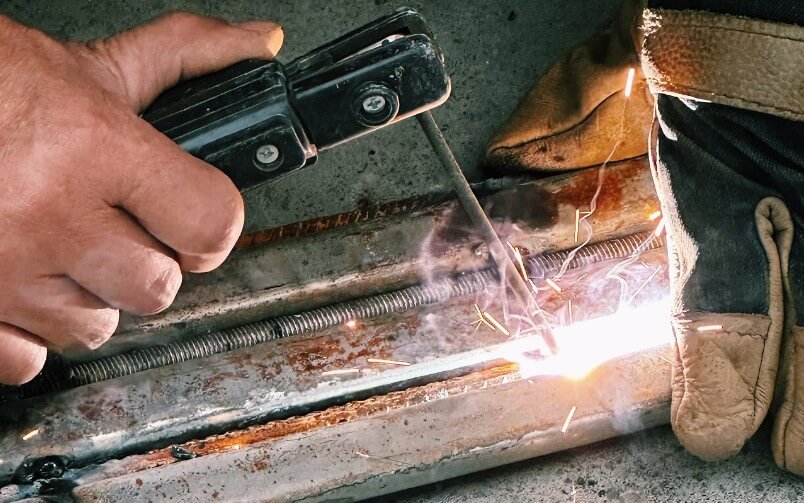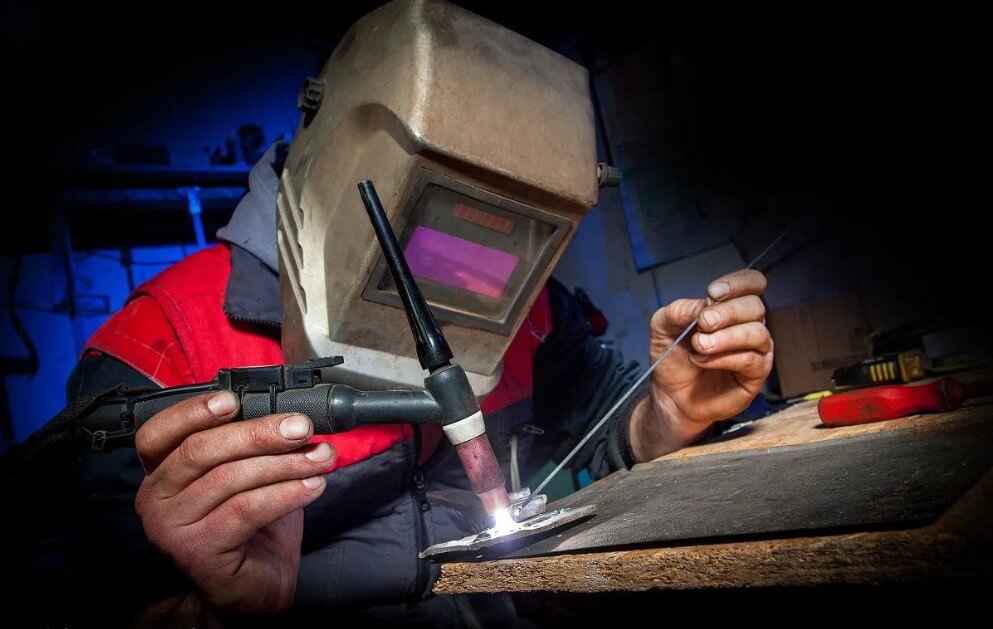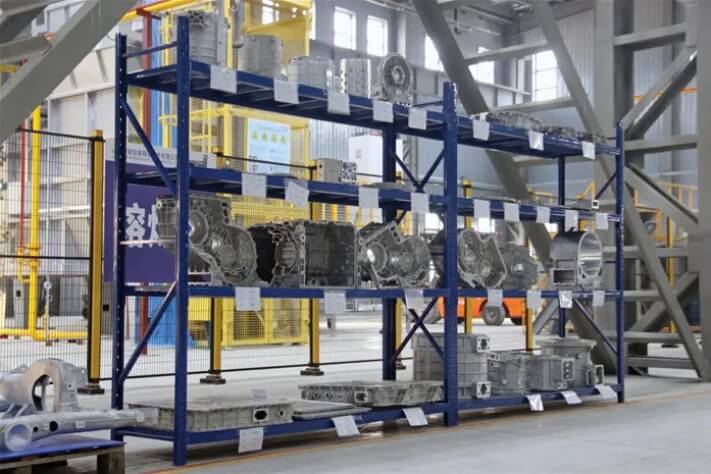Casting materials: How to choose the most suitable one?
The selection of casting materials has a decisive influence on the quality and performance of castings. Different materials have different characteristics and are suitable for different application fields. This article will analyze the characteristics, application fields and how to choose the appropriate casting materials of several common casting materials.
1.Characteristics of common casting materials and their application fields
(1) Cast iron
Cast iron is one of the most common casting materials, with good casting performance, wear resistance and machinability. Cast iron is divided into gray cast iron, ductile cast iron, vermicular cast iron and malleable cast iron.
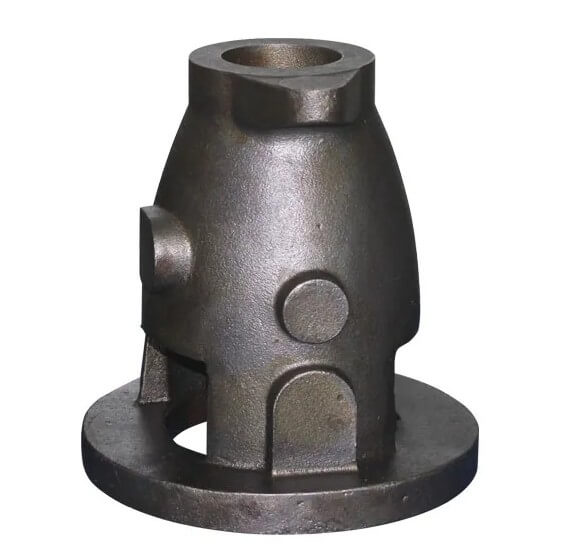
1) Gray cast iron:
The carbon in gray cast iron mainly exists in the form of graphite, which has good shock absorption, wear resistance and machinability. It is widely used in the manufacture of machine tool beds, boxes, pump bodies, etc.
2) Ductile cast iron:
Through spheroidization treatment, the graphite is distributed in a spherical shape, which greatly improves the strength and toughness of cast iron. Ductile cast iron is often used to manufacture automotive parts, pipe fittings, etc.
3) Vermicular cast iron:
The graphite in vermicular cast iron is worm-shaped, with higher strength and toughness than gray cast iron, while maintaining good thermal conductivity and thermal fatigue resistance. It is mainly used to manufacture diesel engine cylinder heads, cylinder blocks, etc.
4) Malleable cast iron:
Malleable cast iron is obtained by long-term graphitization annealing of white cast iron, and has high strength and plasticity. It is often used to manufacture parts with complex shapes and impact loads, such as pipe fittings, valves, etc.
(2) Cast steel
Cast iron is also one of the most common casting materials. Cast steel has higher strength and toughness than cast iron and is suitable for manufacturing parts that withstand large loads and impacts. Cast steel is divided into carbon cast steel and alloy cast steel.
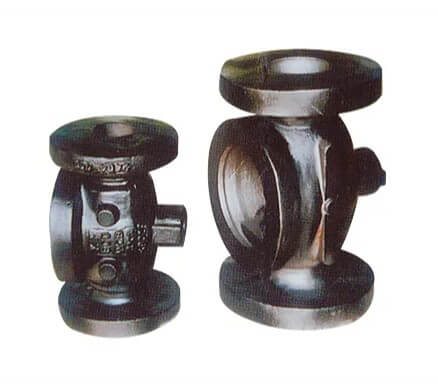
1) Carbon cast steel:
The carbon content of carbon cast steel is generally between 0.25% and 0.60%, with good plasticity and toughness. It is widely used in the manufacture of mechanical parts, molds, etc.
2) Alloy cast steel:
Adding an appropriate amount of alloying elements to carbon cast steel can improve the strength, hardness, wear resistance and corrosion resistance of cast steel. Alloy cast steel is often used to manufacture high-pressure valves, pump bodies, bearing seats, etc.
(3) Non-ferrous metals and their alloys
Non-ferrous metals and their alloys have unique properties and are widely used in aerospace, automobiles, electronics and other fields.
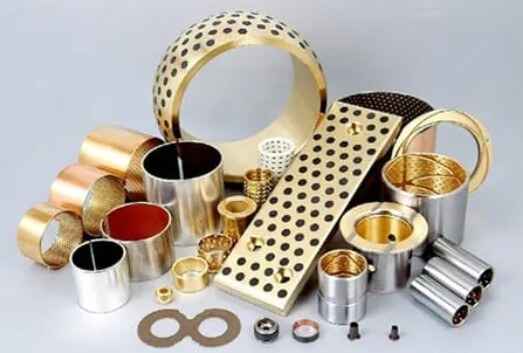
1) Aluminum alloy:
Aluminum alloy has the characteristics of low density, high strength and good corrosion resistance. It is widely used in the manufacture of automobile engine cylinder blocks, cylinder heads, aircraft structural parts, etc.
2) Copper alloy:
Copper alloy is a casting material with good electrical conductivity, thermal conductivity and corrosion resistance.
It is widely used in the manufacture of ship propellers, valves, radiators, etc.
3) Magnesium alloy:
Magnesium alloy has the characteristics of low density, high strength and good shock absorption. It is widely used in the manufacture of laptop shells, mobile phone shells, etc.
4) Zinc alloy:
Zinc alloy has good casting performance and mechanical properties and is widely used in the manufacture of die castings, decorative parts, etc.
5) Nickel alloys
Nickel alloys have excellent corrosion resistance and thermal stability and are often used in the manufacture of aerospace engines, chemical equipment, and nuclear power equipment. They also have good mechanical properties and high temperature resistance.
(4) Special casting materials
Special casting materials have special properties and are suitable for special applications.
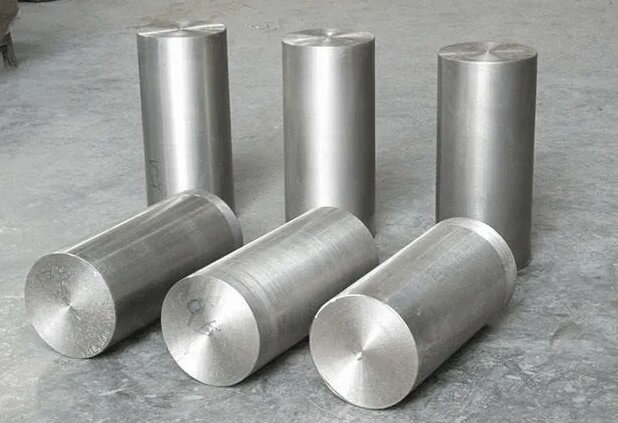
1) Heat-resistant steel:
Heat-resistant steel has excellent high-temperature strength and oxidation resistance and is widely used in the manufacture of gas turbine blades, heating furnace components, etc.
2) Stainless steel:
Stainless steel has excellent corrosion resistance and oxidation resistance and is widely used in the manufacture of chemical equipment, food machinery, medical equipment, etc.
3) High-temperature alloys:
High-temperature alloys have excellent high-temperature strength, oxidation resistance, and thermal fatigue resistance and are widely used in the manufacture of aerospace engine blades, rocket engine components, etc.
2.How to choose the most suitable casting material?
Choosing the right casting material is a key step to ensure the quality and performance of castings. Here are some key factors and steps to help you make the right choice:
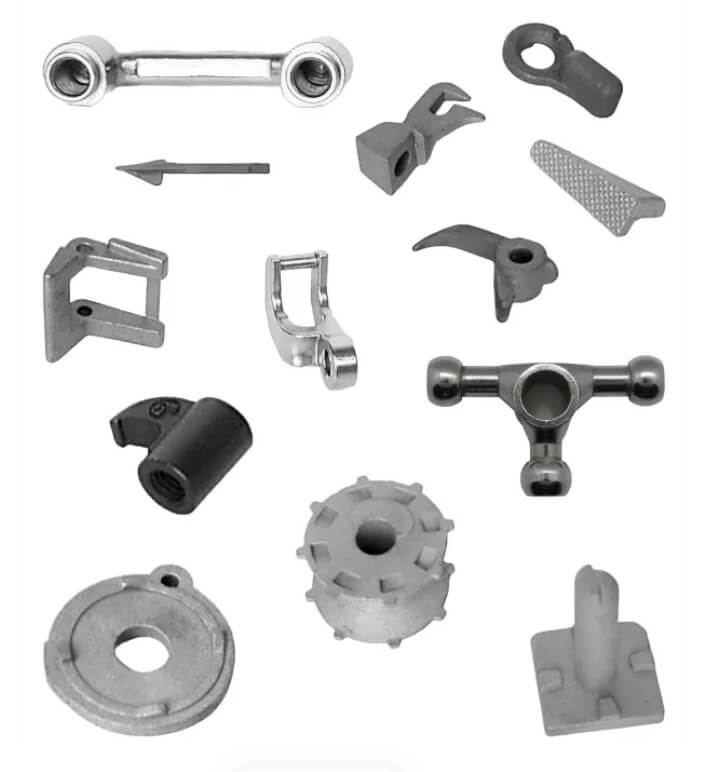
(1) Clarify product requirements:
First, understand the use environment and requirements of the casting, including strength, wear resistance, corrosion resistance, etc. This will help you determine the basic properties of the required materials.
(2) Understand material properties:
Be familiar with the characteristics and advantages of different casting materials, such as cast iron, cast steel, aluminum alloy, etc. Each material has its own unique mechanical properties and application scenarios.
(3) Consider cost and efficiency:
Evaluate the cost and processing difficulty of different materials and select materials with high cost performance. At the same time, consider production efficiency to ensure that the selected materials can meet production needs.
(4) Evaluate availability and stability:
Choose casting materials with stable supply and easy access to reduce the risk of production interruption.
(5) Consider environmental protection and compliance:
Ensure that the selected materials meet environmental standards and regulatory requirements to maintain the corporate image and reduce environmental risks.
(6) Conduct tests and verification:
Before actual production, evaluate the applicability and performance of the materials through tests and verification to ensure that the selected materials can meet the casting requirements.
(7) Consult professional suppliers:
Work with professional material suppliers to obtain the latest casting material information and professional advice in order to make a more appropriate choice.
3.Conclusion
The selection of casting materials is a crucial part of the casting process. Different casting materials have different properties and are suitable for different application fields. When selecting casting materials, it is necessary to comprehensively consider factors such as the performance requirements of the castings, production costs, and production efficiency in order to select the material that best meets the production requirements.
If you are looking for an experienced casting manufacturer, Lvxun is your ideal choice. The Lvxun team is well-equipped to provide high-quality casting solutions. If you need more information or want to discuss your needs with us, please feel free to contact us.

